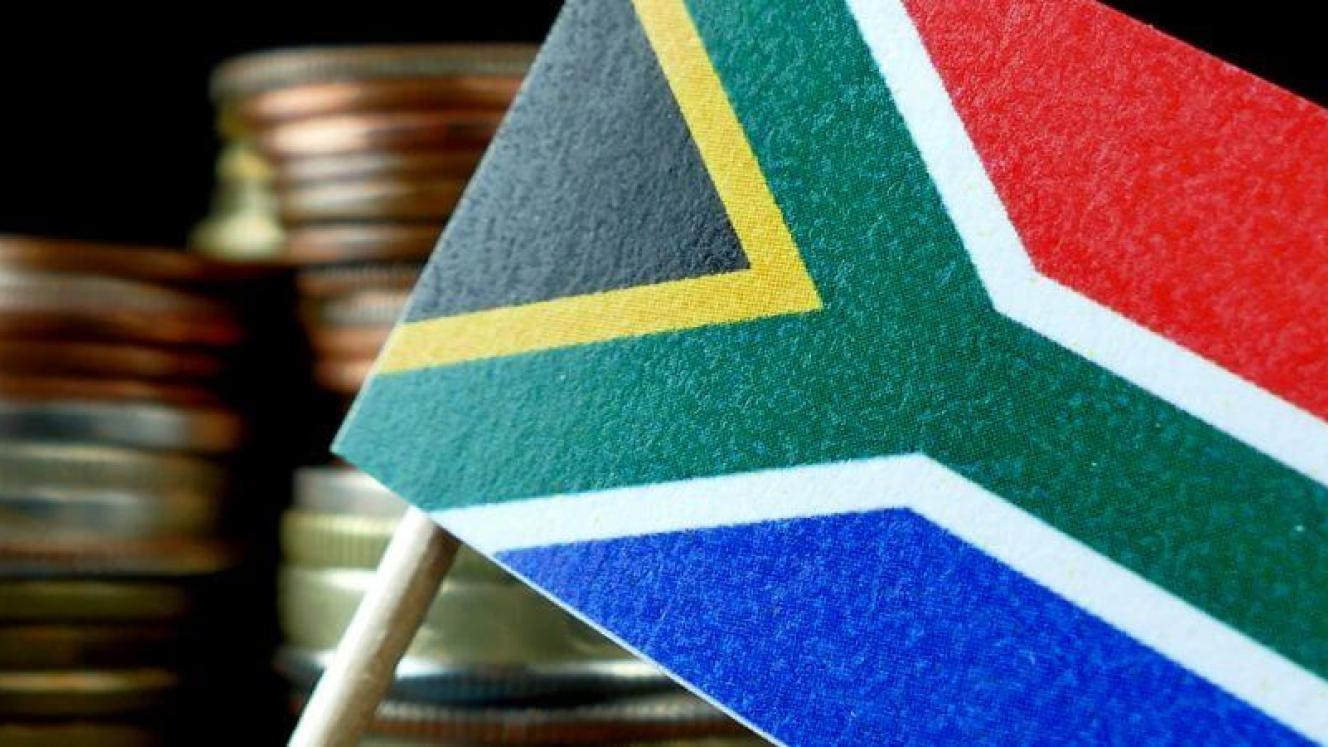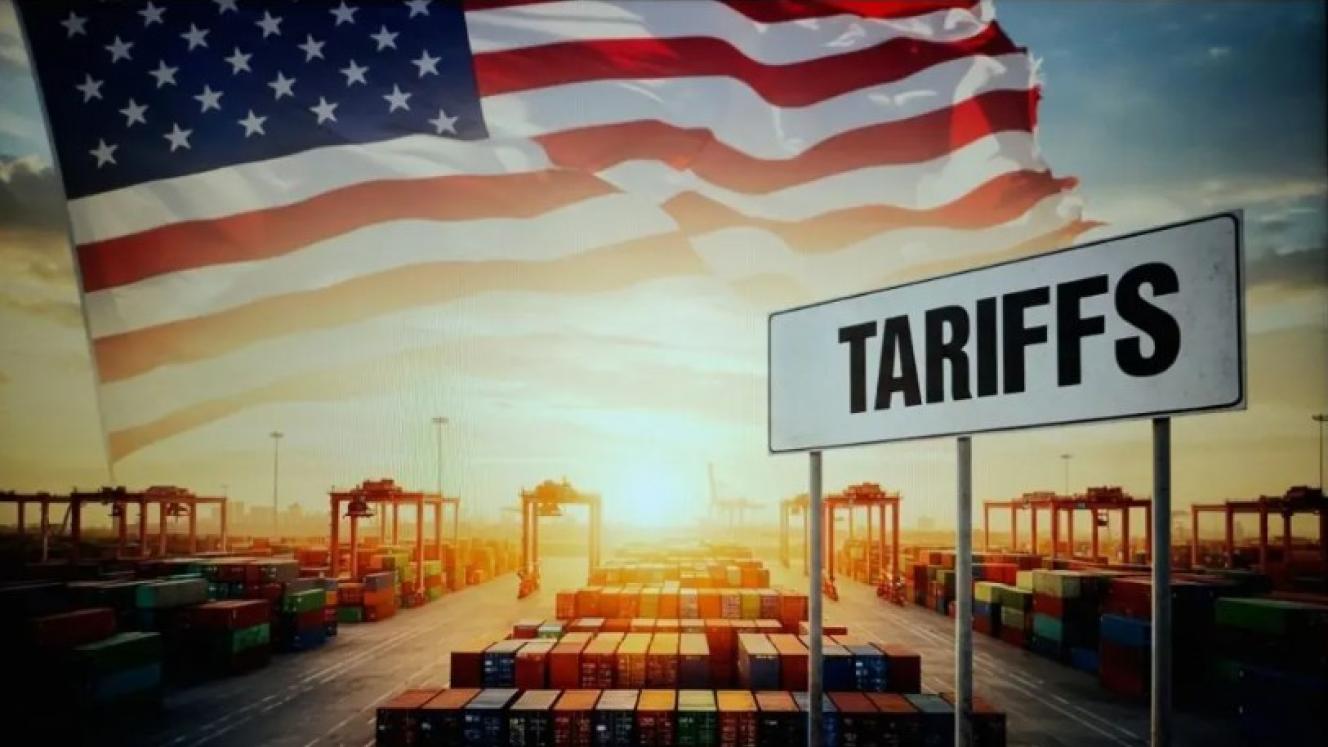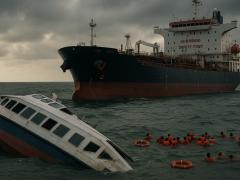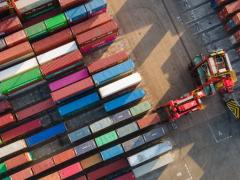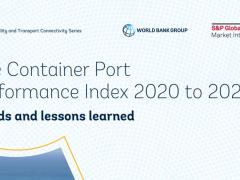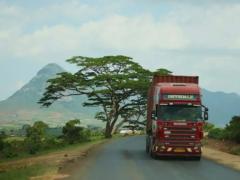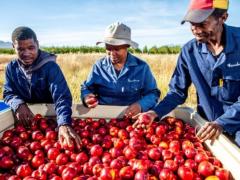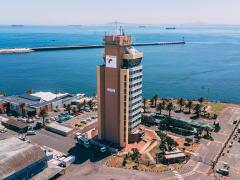Findings by the Economic Freedom of the World (EFW): 2021 Annual Report, released this morning by the Free Market Foundation (FMF) and Canada’s Fraser Institute, have revealed that South Africa ranks 84th out of the 165 countries monitored.
The metrics used include size of government, legal system and property rights, sound money, freedom to trade internationally, and regulation.
In a statement responding to the findings the FMF said: “In 2000, South Africa ranked 58th on the list of countries analysed.
“An important and revealing factor in South Africa’s decline in the rankings is that it has been overtaken by 15 former communist countries and has seven African countries ahead of it on the economic freedom list.”
None of these countries – such as Mauritius (19th) – fall within the immediate intra-regional trade sphere of South Africa.
Unfortunately two important trade partners to the north of South Africa do – Zimbabwe and the Democratic Republic of the Congo, both in the top 10 of the report’s lowest ranking states.
Looking at the importance of EFW on the whole, the FMF said: “According to research in top peer-reviewed academic journals, people living in countries with high levels of economic freedom enjoy greater prosperity, more political and civil liberties, and longer lives.”
Reflecting on local EFW metrics, the FMF stipulated the following:
- Size of government: changed to 7.00 from 5.59 in last year’s report
- Legal system and property rights: changed to 5.95 from 6.36
- Access to sound money: changed to 8.25 from 8.10
- Freedom to trade internationally: changed to 6.50 from 6.47
- Regulation of credit, labour, and business: changed to 7.16 from 7.54
In summary, FMF director Eustace Davie said: “No one in political office who seriously wishes to improve conditions for their fellow citizens can afford to ignore the lessons to be learned from the annually produced EFW Report. All they need do is page through the report and see what other countries are doing right or doing wrong to establish the best economic policies to follow to improve the lives of their own citizens.
“For instance, Bulgaria improved its rank on the index from 103rd to 36th between 2000 and 2019. They kept taxes low, reduced inflation from 409.7% to 1.20% per annum, and improved foreign trade conditions.
“The result was that the average income per capita increased in constant 2017 US$ from $10 201 to $16 914 during that period.
“By contrast, South Africa has adopted laws and regulations such as minimum wage laws and hiring and firing laws that have caused the country to have one of the highest unemployment rates in the world, with 75% of young people between the ages of 15 and 24 unable to find jobs, according to the ILO.
“Applying a good dose of economic freedom to the problem would be the quickest and best way to resolve the matter and allow the unfortunate victims to get jobs.”
Findings by the Economic Freedom of the World (EFW): 2021 Annual Report, released this morning by the Free Market Foundation (FMF) Canada’s Fraser Institute, has revealed that South Africa ranks 84th out of the 165 countries monitored according to the following metrics: size of government, legal system and property rights, sound money, freedom to trade internationally, and regulation.
In a statement responding to the findings the FMF said: “In 2000, South Africa ranked 58th on the list of countries analysed.
“An important and revealing factor in South Africa’s decline in the rankings is that it has been overtaken by fifteen former communist countries and has seven African countries ahead of it on the economic freedom list.”
None of these countries – such as Mauritius (19th) – fall within the immediate intra-regional trade sphere of South Africa.
Unfortunately two important trade partners to the north of South Africa do – Zimbabwe and the Democratic Republic of the Congo, both in the top 10 of the report’s lowest ranking states.
Looking at the importance of EFW on the whole, the FMF said: “According to research in top peer-reviewed academic journals, people living in countries with high levels of economic freedom enjoy greater prosperity, more political and civil liberties, and longer lives.”
Reflecting on local EFW metrics, the FMF stipulated the following:
- Size of government: changed to 7.00 from 5.59 in the last year’s report
- Legal system and property rights: changed to 5.95 from 6.36
- Access to sound money: changed to 8.25 from 8.10
- Freedom to trade internationally: changed to 6.50 from 6.47
- Regulation of credit, labour, and business: changed to 7.16 from 7.54
In summary, FMF director Eustace Davie said: ““No one in political office who seriously wishes to improve conditions for their fellow citizens can afford to ignore the lessons to be learned from the annually produced EFW Report. All they need do, is page through a report and see what other countries are doing right or doing wrong, to establish the best economic policies to follow to improve the lives of their own citizens.
“For instance, Bulgaria improved its rank on the index from 103rd to 36th between 2000 and 2019. They kept taxes low, reduced inflation from 409.7% to 1.20% per annum, and improved foreign trade conditions.
“The result was that the average income per capita consistently increased in 2017 from $10,201 to $16,914 during that period.
“By contrast, South Africa has adopted laws and regulations such as minimum wage laws and hiring and firing laws that have caused the country to have one of the highest unemployment rates in the world, with 75% of young people between the ages of 15 and 24 unable to find jobs according to the ILO.
“Applying a good dose of economic freedom to the problem would be the quickest and best way to resolve the matter and allow the unfortunate victims to get jobs.”
